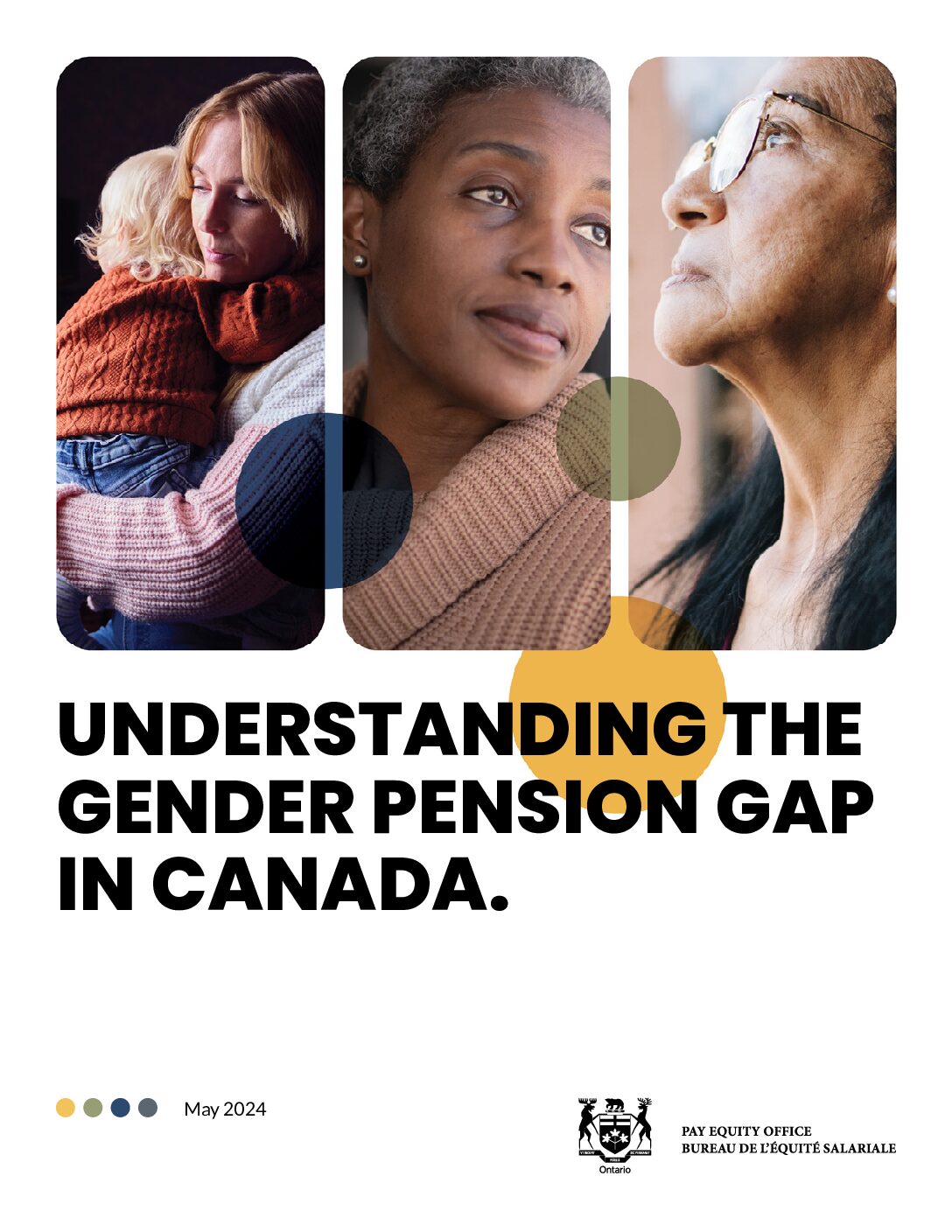The People’s Money: Pensions, Debt, and Government Services;Urban Agenda
By Michael A Pagano
American cities continue to experience profound fiscal crises. Falling revenues cannot keep pace with the increased costs of vital public services, infrastructure development and improvement, and adequately funded pensions. Chicago presents an especially vivid example of these issues, as the state of Illinois’s rocky fiscal condition compounds the city’s daunting budget challenges. In The People’s Money, Michael A. Pagano curates a group of essays that emerged from discussions at the 2018 UIC Urban Forum. The contributors explore fundamental questions related to measuring the fiscal health of cities, including how cities can raise revenue, the accountability of today’s officials for the future financial position of a city, the legal and practical obstacles to pension reform and a balanced budget, and whether political collaboration offers an alternative to the competition that often undermines regional governance.Contributors: Jered B. Carr, Rebecca Hendrick, Martin J. Luby, David Merriman, Michael A. Pagano, David Saustad, Casey Sebetto, Michael D. Siciliano, James E. Spiotto, Gary Strong, Shu Wang, and Yonghong Wu
Get the book here










